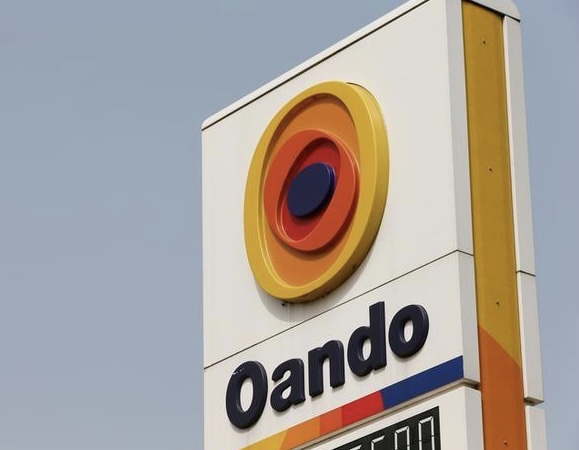KEY POINTS
- Oando has ended free electricity supply in Omoku, transferring responsibility to the Ogba Host Communities Development Trust under the Petroleum Industry Act.
- Residents face a return to paid electricity, potentially increasing household and business costs and affecting small enterprises.
- The transition highlights challenges in implementing trust-based governance of community projects across Nigeria’s oil-producing regions.
Residents of Omoku in Rivers State will now pay for electricity after Oando Energy Resources Nigeria Limited formally ended decades of free power supply inherited from the Nigerian Agip Oil Company.
The decision, communicated in a letter dated 30 October 2025, signals the conclusion of a transition period under the Petroleum Industry Act 2021, which mandates the transfer of community project management to Host Communities Development Trusts.
Oando’s letter to the Omoku City Council of Traditional Rulers and Chiefs explained that the company would no longer handle routine maintenance of the local electricity network. Responsibility has now shifted to the Ogba Host Communities Development Trust.
The move formally ends over 30 years of uninterrupted, company-funded electricity, initially provided as part of NAOC’s corporate social responsibility programme.
The free electricity previously supported households, schools, hospitals, and small businesses across the Ogba/Egbema/Ndoni Local Government Area. With the transition to a paid model, residents face potential increases in household and business expenses, while small enterprises may need to adjust operating costs to accommodate electricity bills.
Residents have expressed concern that the Ogba HCDT is still building administrative and technical capacity, raising questions about the reliability of future electricity supply.
Many anticipate migration to the Port Harcourt Electricity Distribution Company for metered service, which could further raise costs and alter energy access patterns.
Corporate Commitment Amid Regulatory Shift
Oando completed its acquisition of NAOC’s Nigerian operations earlier this year, taking over oil mining leases, gas infrastructure, and community projects across the Niger Delta. The company has reaffirmed its commitment to long-term partnerships with host communities under the PIA framework, which requires oil firms to allocate three per cent of annual operating expenditure to HCDTs.
In a statement, Oando said: “We appreciate the cooperation of our host communities and reaffirm our support for sustainable development through the HCDT structure.” The shift underscores broader challenges in implementing the Petroleum Industry Act, which has redefined corporate-community relations and tested the capacity of trust-based governance models in oil-producing regions.
Several other host communities in Bayelsa, Delta, and Imo states have raised similar concerns, highlighting the need for robust administrative systems to sustain inherited social services while ensuring transparency and local accountability.



